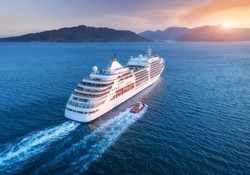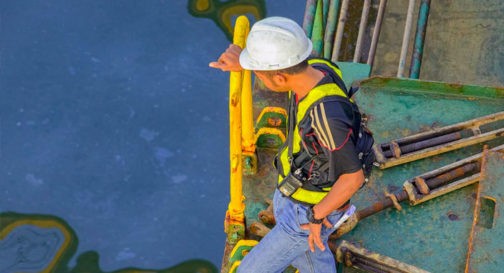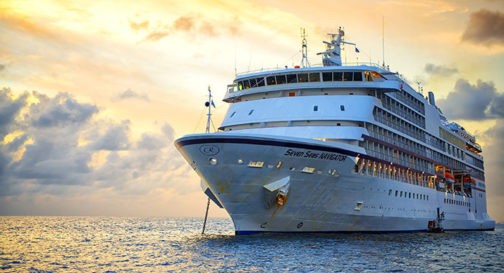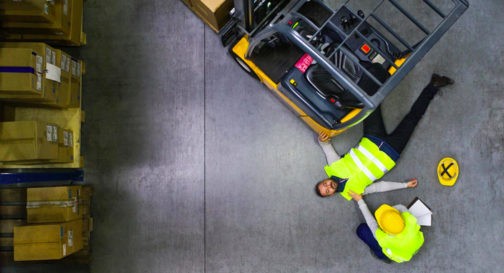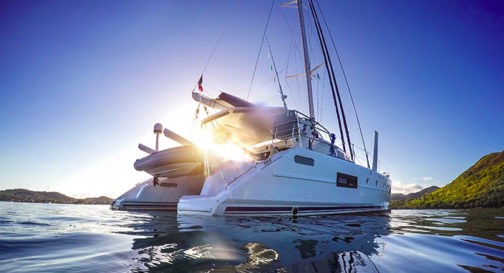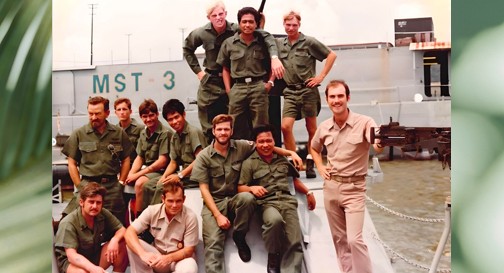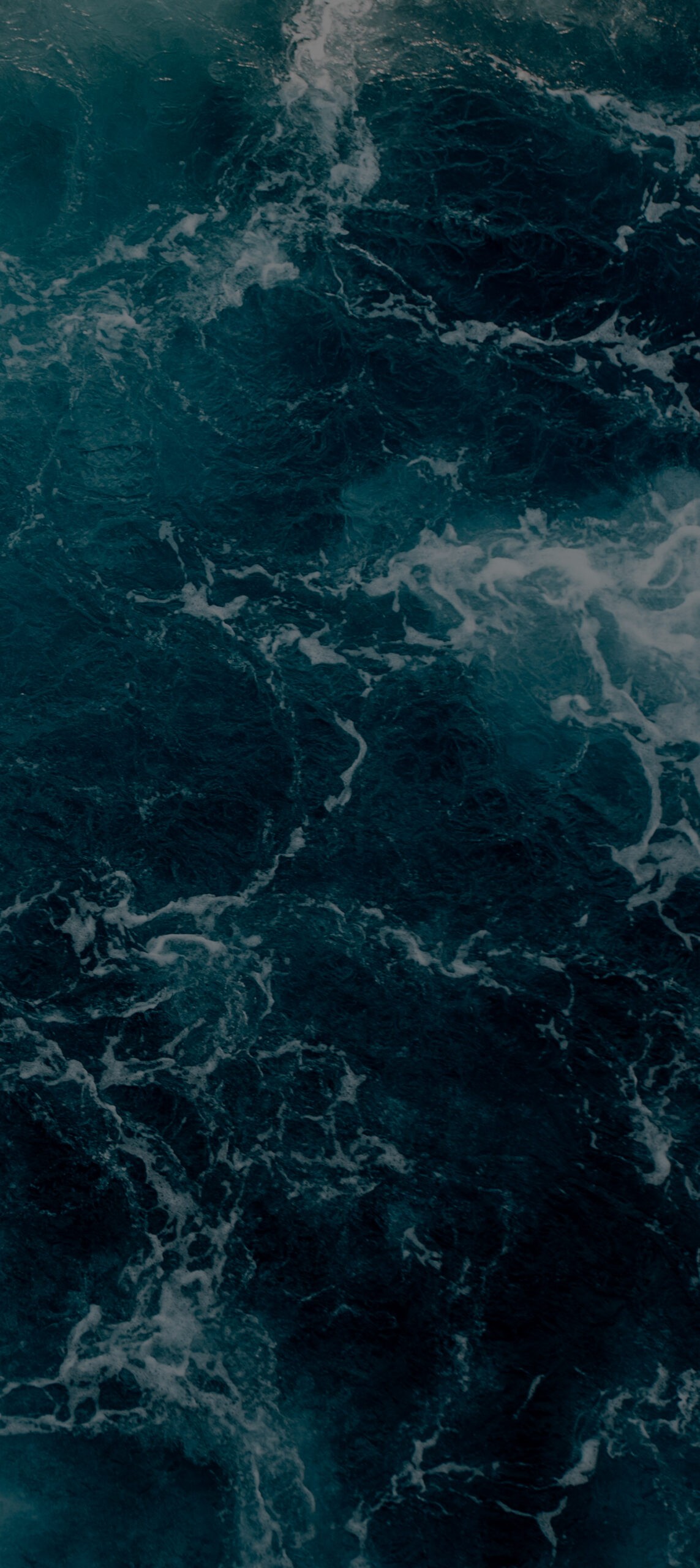What Is the Law of the Sea?
July 13, 2022
While private activities on the ocean or navigable waters are governed by national and international maritime law, the relationships between countries when it comes to the use of the oceans is governed by a separate area of law called the Law of the Sea. Although the Law of the Sea is a body of public law between states, certain aspects of the Law of the Sea can also have importance to individuals and entities, especially when it comes to rights of navigation or the rights to extract natural resources from the oceans.
What Does “The Law of the Sea” Refer To?
The law of the sea refers to international laws, conventions, and treaties that govern rights and obligations in maritime environments. Some of the primary issues that are covered by the law of the sea include:
- Protecting the sovereign immunity of government-owned vessels from search and seizure by foreign states
- Establishing environmental and safety regulations for countries to impose on their flagged vessels
- Creating dispute resolution mechanisms to allow countries to settle disagreements
- Establishing navigational rights and national jurisdiction over coastal waters
- Regulating the rights of states to exploit ocean resources
Is the Law of the Sea Different from Maritime Law?
The law of the sea is considered distinct from maritime law (also known as admiralty law). Whereas the law of the sea primarily governs the rights of states on the open ocean, maritime law is concerned with the rights of private parties, such as vessel owners, transportation companies, and seamen.
History of the Law of the Sea
While codified maritime laws stretch back to the early Middle Ages with regulations over Mediterranean trade established by the Byzantine Empire, followed early laws established by England, France, and other European powers, a formal Law of the Sea did not arise until the start of global exploration and trade beginning in the 17th century. Some of the first Laws of the Sea include treaties between Spain and Portugal to carve up the world’s oceans for themselves. As disputes over ocean territory escalated, by the 18th century European powers began to recognize the concept of “freedom of the seas” to permit free, innocent passage by any ship over the high seas, with coastal nations only having exclusive jurisdiction over a limited distance from their shorelines.
This system persisted until the mid 20th century, when countries began asserting exclusive rights to exploit ocean resources hundreds of miles off shore. This resulted in efforts to codify a comprehensive Law of the Sea, culminating in the United Nations Convention on the Law of the Sea, or UNCLOS I, in 1958, which adopted four treaties. UNCLOS was revised several more times over the decades, with the present UN Convention of the Law of the Sea having come into force in 1994.
What Are the Laws of the Sea?
Today, the law of the sea is largely codified in the United Nations Convention on the Law of the Sea. Although not all countries have ratified UNCLOS, those countries that have not ratified the convention (such as the United States) still generally follow its principles in recognition that it reflects traditional international laws on the sea. One of the most important features of UNCLOS is the establishment of maritime zones, which determine the rights of coastal states to enforce territorial exclusivity and their own national laws as well as to use the natural resources found in those waters. The sea is divided into six zones:
- Internal waters, such as bays, intracoastal waterways, rivers, or lakes; foreign vessels have no right of passage in another country’s internal waters
- Territorial waters, which stretch out 12 nautical miles from the coastline; the coastal state may enforce its own laws and regulate the use of territorial waters or any resources found in those waters, although foreign-flagged vessels may engage in innocent passage through another country’s territorial waters
- Archipelagic waters, or the waters within the outer boundary of an archipelagic country, which may limit the innocent passage of foreign ships through designated sea lanes in their archipelagic waters
- Contiguous zone, which extends another 12 nautical miles beyond the territorial waters, where a coastal state can enforce customs, taxation, immigration, and pollution laws that have had or will have effect within the coastal state’s territorial waters
- Exclusive economic zone, which extends 200 nautical miles from the coast, in which a coastal national has sole right to exploit natural resources, although foreign vessels have freedom of navigation within the EEZ
- High seas, which refers to any part of the ocean not encompassed by another zone, in which all countries have equal right to freedom of navigation and exploitation of resources
Who Enforces the Law of the Sea?
Monitoring and enforcing of UNCLOS is undertaken by a specialized agency of the United Nations, the International Maritime Organization. Certain aspects of the Law of the Sea are also overseen by other intergovernmental organizations, such as the International Seabed Authority and the International Whaling Commission. Disputes between countries are resolved by the International Tribunal for the Law of the Sea, an international panel of judges.
Where it comes to enforcing national oceanic borders and exclusive rights, such activities are normally undertaken by a coastal nation’s armed forces. In the U.S., enforcement of territorial waters and economic zones is performed by federal agencies such as the U.S. Coast Guard, the U.S. Navy, the National Oceanic and Atmospheric Administration, as well as other agencies and departments including the U.S. Department of State and U.S. Customs and Border Patrol.
Contact The Law Offices of Preston Easley to Learn More about How the Law of the Sea May Apply to Your Case
If you have a legal matter that arose on the high seas, contact a maritime attorney from The Law Offices of Preston Easley today for a free, no-obligation consultation. Our firm can help you better understand your legal rights and options under the law of the sea.

